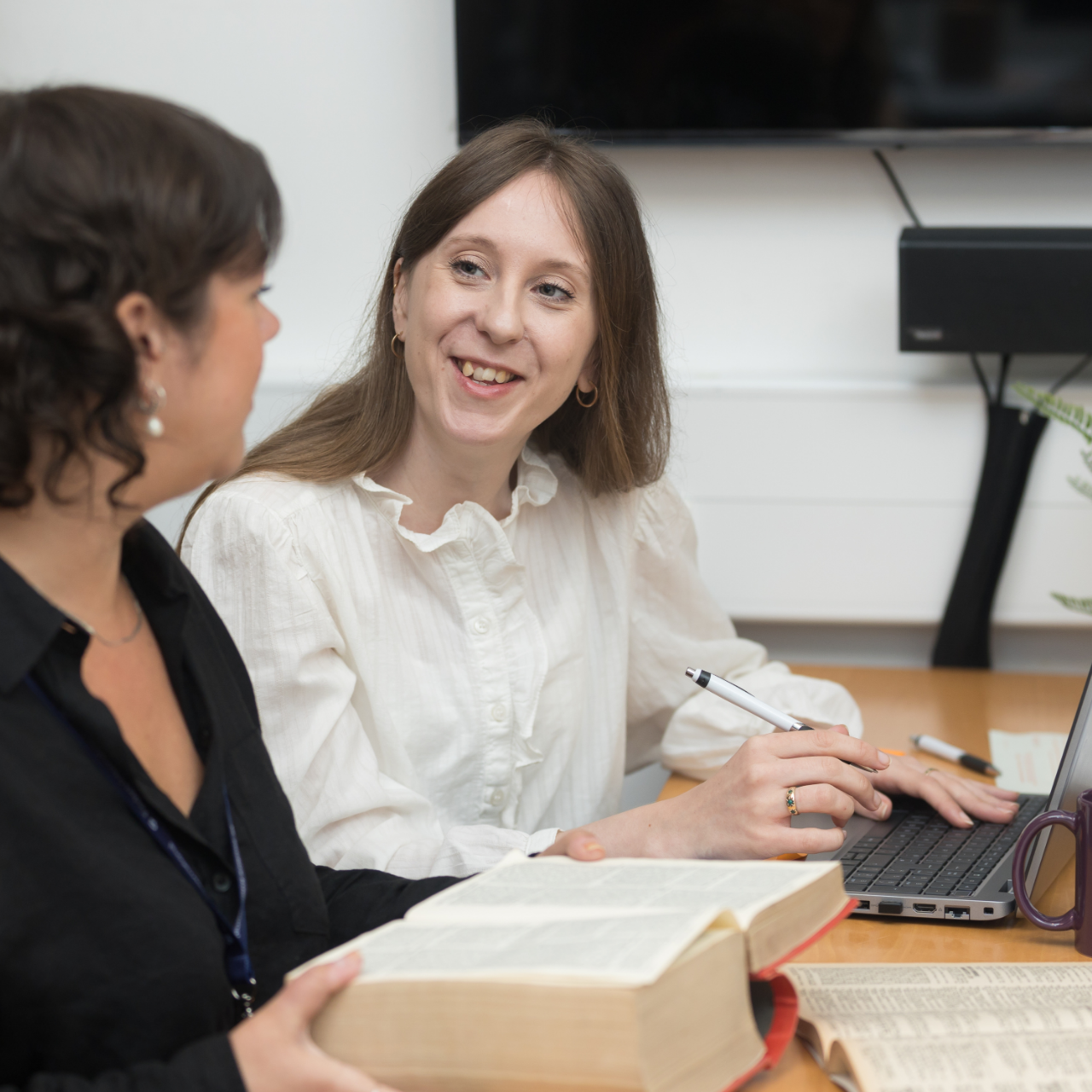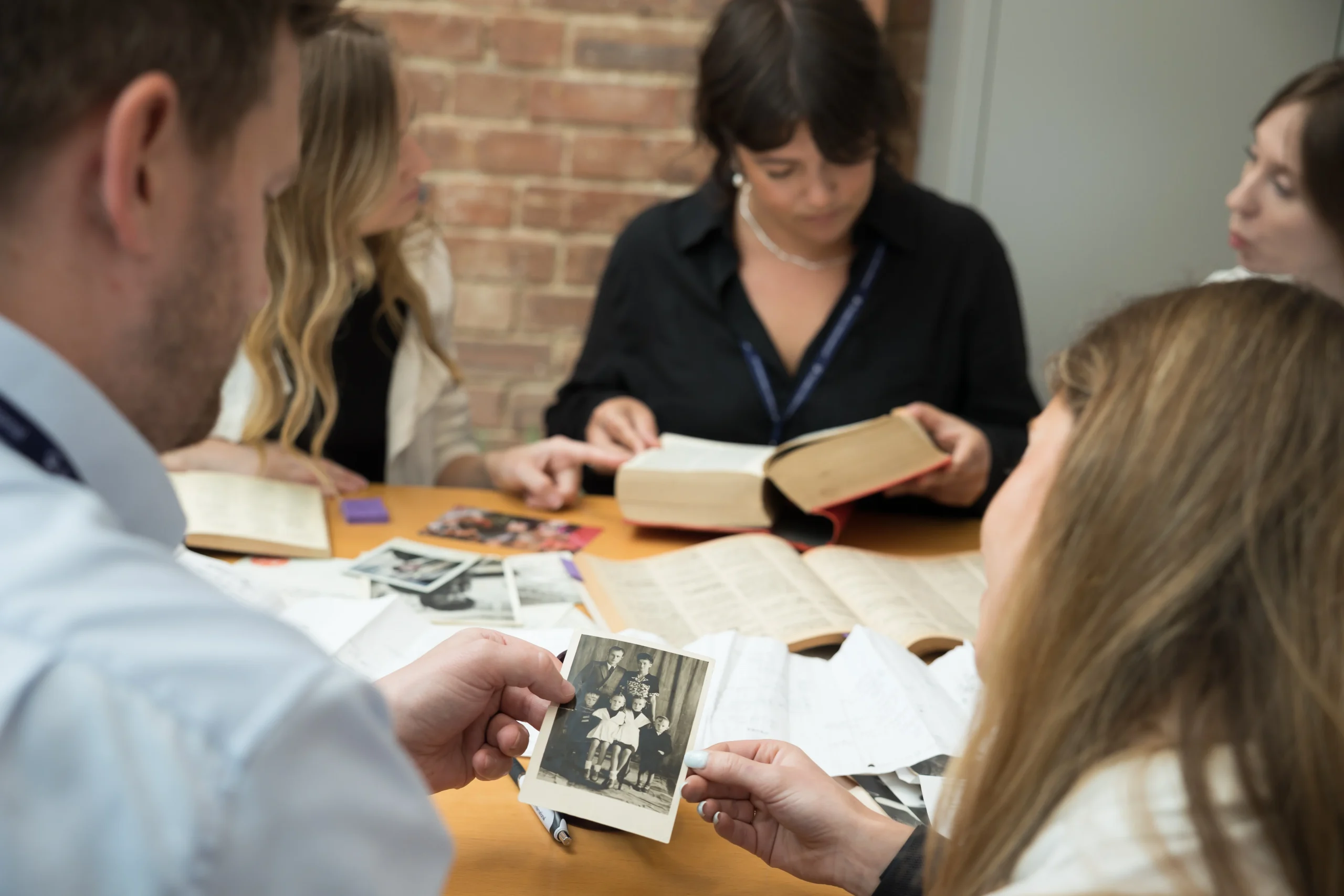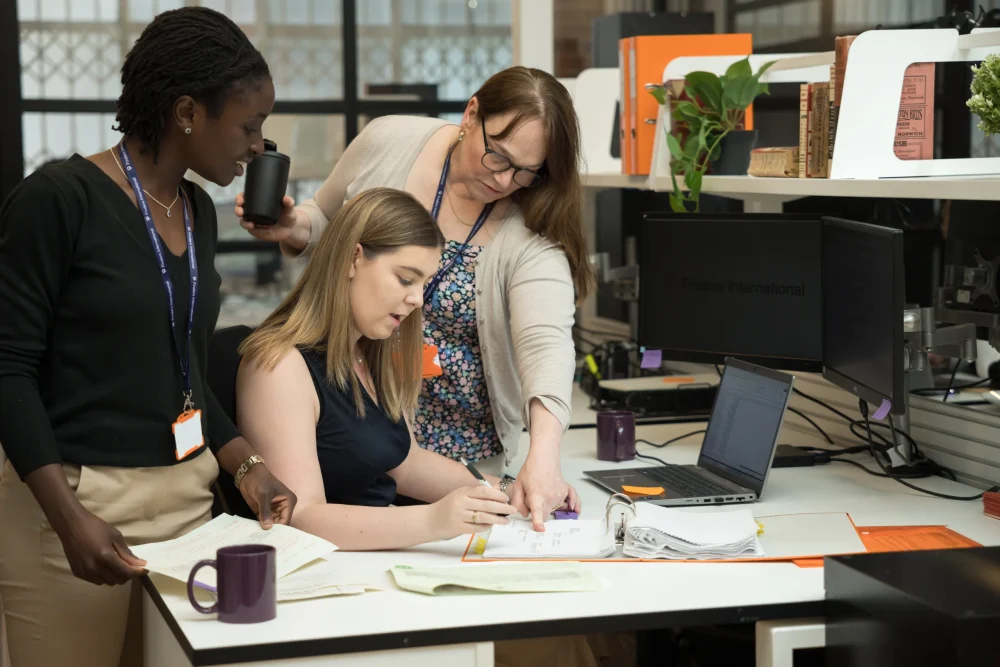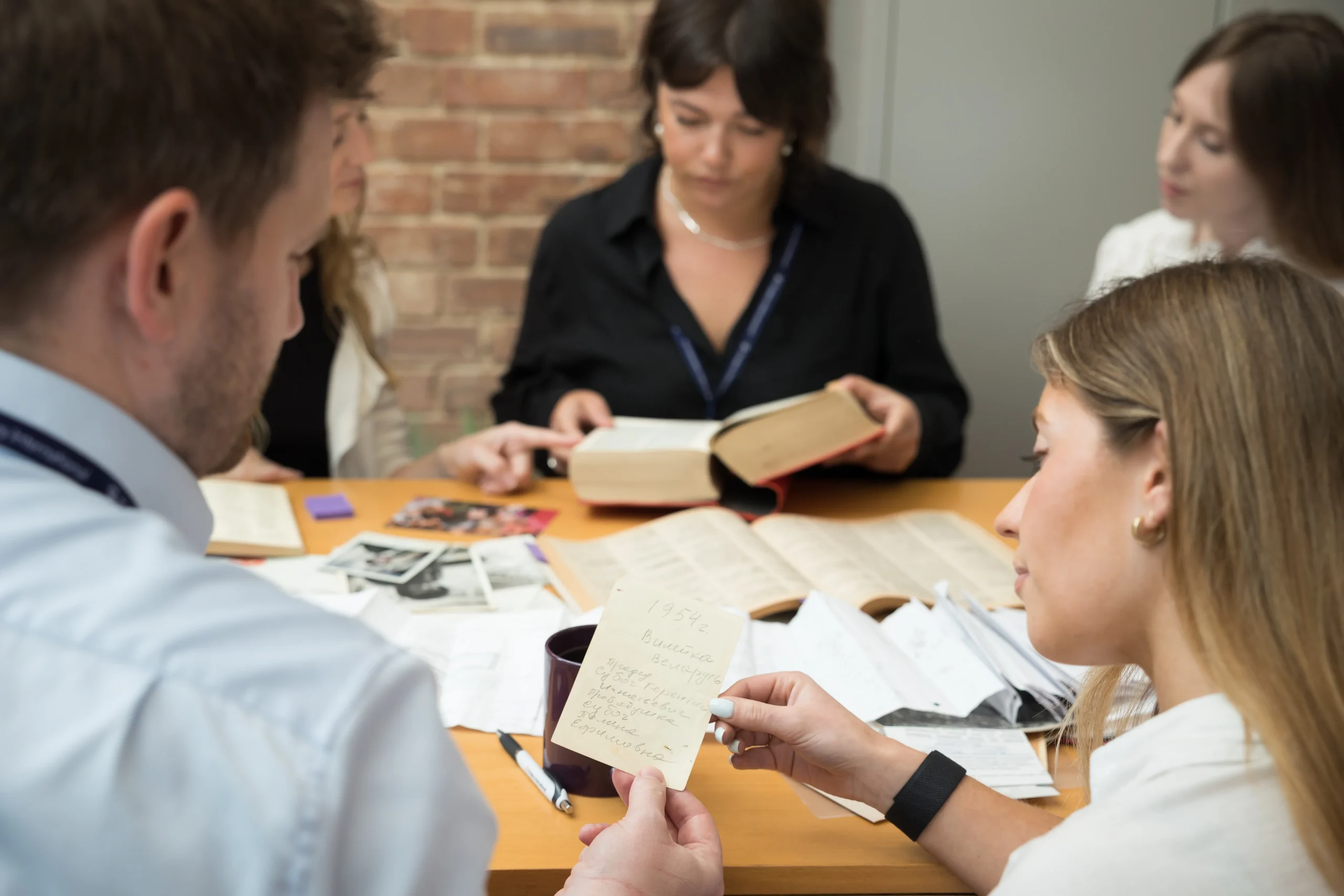November 19, 2025
Tracing Heirs: What We Can (and Can’t) Find Online
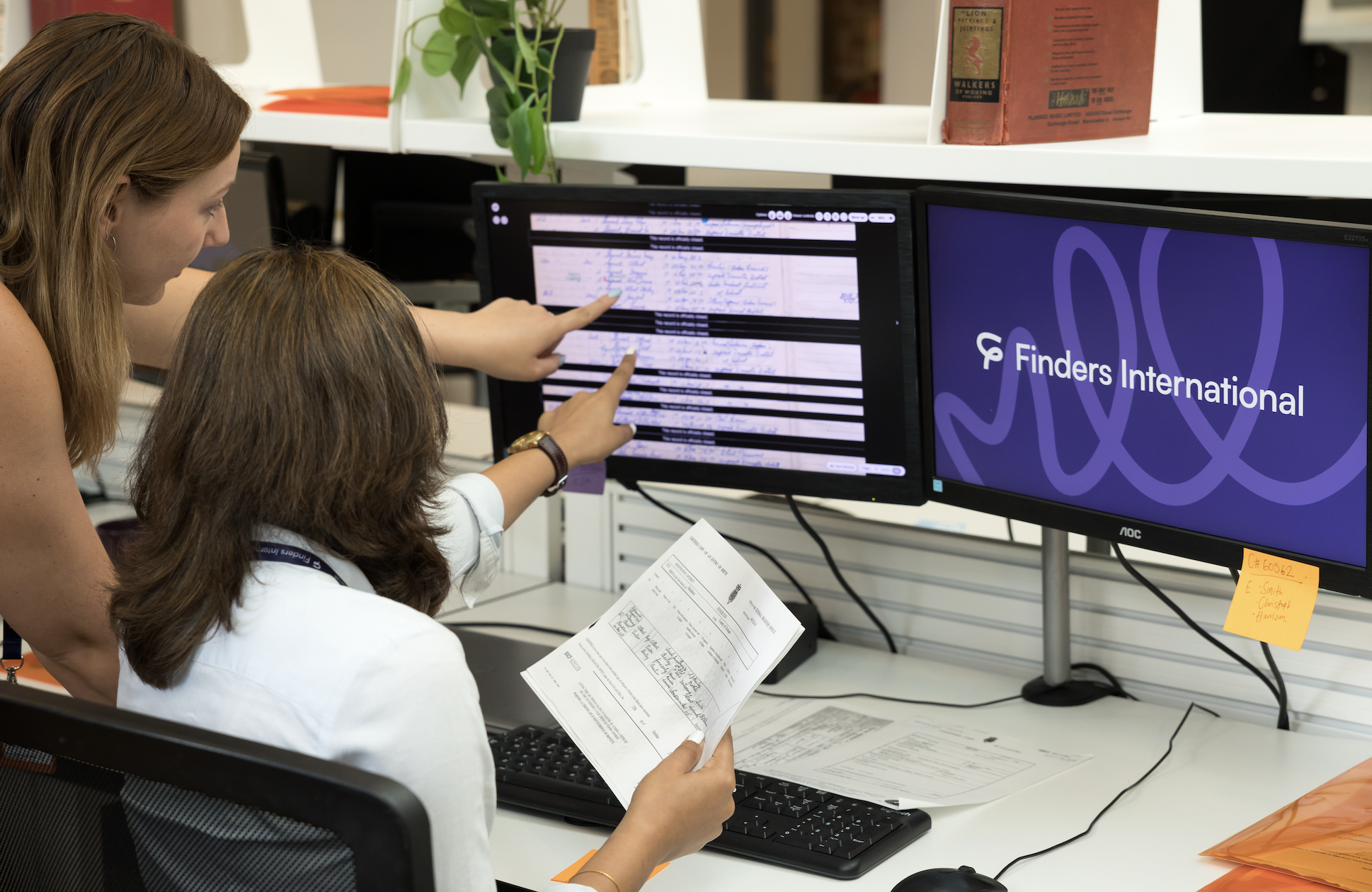
You can order your groceries, book a holiday, and even find your old schoolmates online, so it’s easy to think that tracing missing heirs might be just as straightforward. And yes – the internet can be helpful. Sometimes very helpful. But when it comes to probate research, relying on Google searches and a few Facebook profiles will only take you so far.
What the Internet Can Tell Us
Public Records (to a point)
Some online resources, like birth, marriage and death indexes, or electoral rolls can give us a rough outline of someone’s life. They can help confirm names, addresses, or dates. And while they’re a good starting point, they rarely tell the full story.
Online obituaries and family notices
Obituaries and funeral notices can be surprisingly informative. They often include relatives’ names, locations, and relationships that we can then explore further through official records.
Social media channels
These platforms can help us get a sense of whether someone is still living in the same area, or if they’ve moved abroad. Social media can occasionally confirm family connections – although let’s be honest, not everyone’s great at updating their profiles!
Probate & court records
In the UK and Ireland, there are online probate databases where we can check whether someone has left a Will or whether their estate has already been dealt with.
What the Internet Can’t Do
Tell us who’s legally entitled
Just because someone shares a surname or appears on a family tree online, doesn’t mean they’re legally entitled to inherit. We need verified records to prove family relationships, not guesses or user-submitted information.
Access private or sensitive data
Medical records, bank details, and adoption information. None of this is publicly available, and nor should it be. We work within strict legal and ethical guidelines when tracing individuals, and privacy matters.
Paint the full family picture
Online family trees can be useful in theory, but they’re often full of gaps or guesswork. People are added based on assumptions, and dates or locations are often inaccurate. We’ve lost count of how many times we’ve seen entire generations missed out or mislabelled.
Track down people with little or no digital footprint
Not everyone has a big online presence, especially older generations or those who have lived abroad for many years. In these cases, our work involves deep-dive record searches and collaboration with researchers on the ground in other countries.
Professional Research Matters
While the internet can be a useful tool, tracing heirs properly takes time, skill and a lot of detective work. At Finders, we combine online resources with:
- Access to international record databases
- Certified genealogical methods
- Local research teams around the world
- DNA testing (where appropriate and legally allowed)
We do it thoroughly, and most importantly, legally. This protects solicitors, estate administrators, and families from future disputes or claims.
So yes, it’s just that: one tool among many.
When you’re dealing with an estate, especially in cases of intestacy or missing family members, it’s crucial to get the facts right. If you’ve got a tricky case on your desk or a family tree that doesn’t quite add up, we’re here to help. www.findersinternational.com

